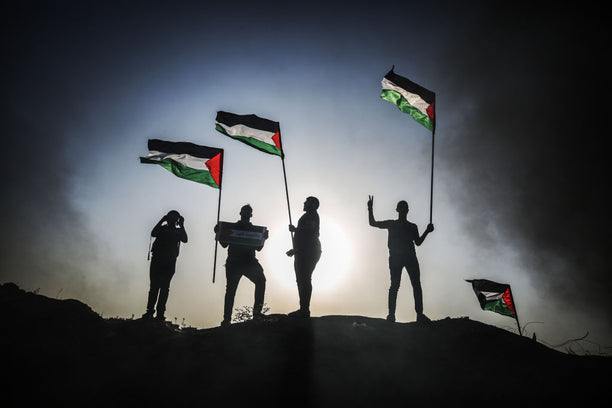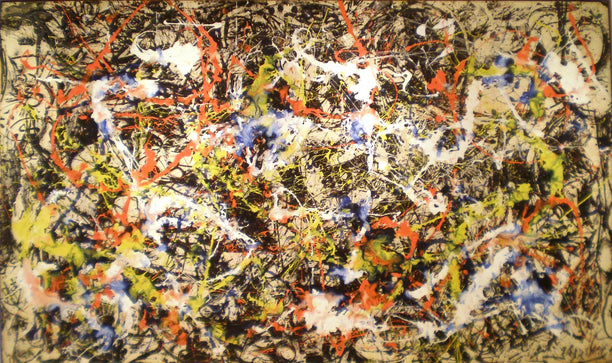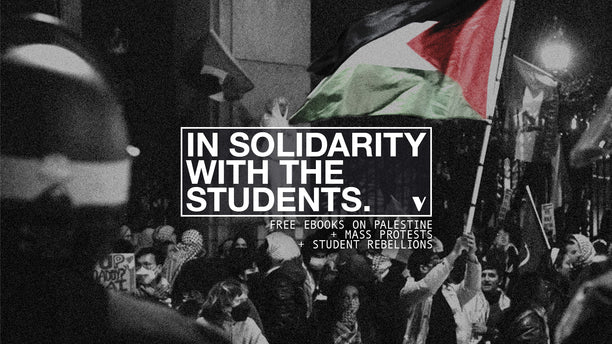
In Solidarity with the Students.
We stand with the campus protesters. Download these free ebooks on Palestine, mass protests, and student rebellions.

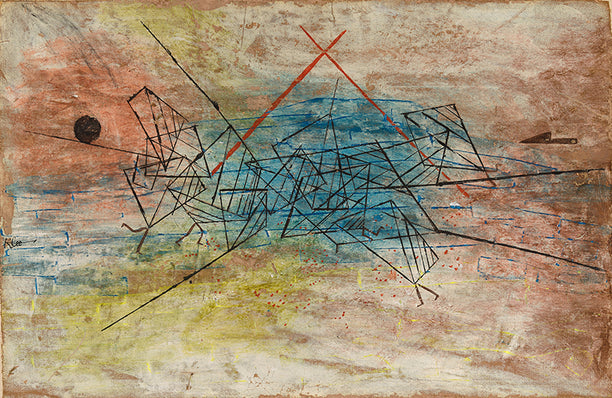
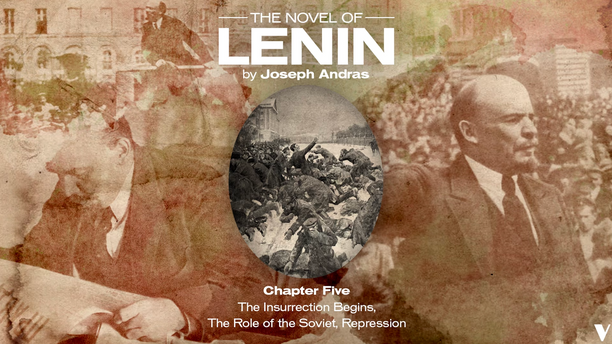

A new nine-part micro-novel from Joseph Andras.

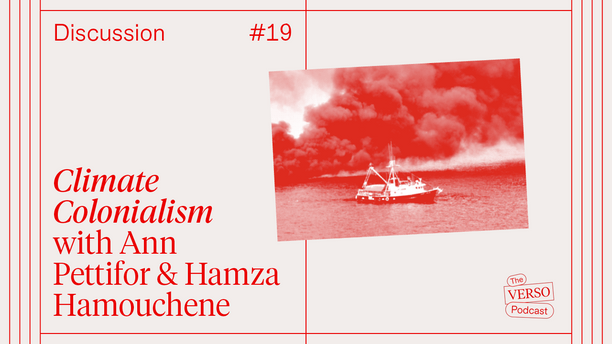
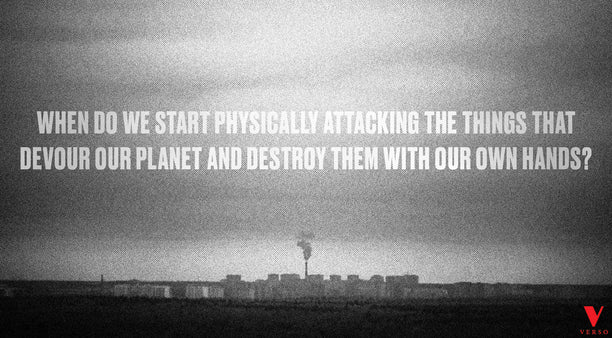
Radical political solutions to the climate crisis from Andreas Malm, Brett Christophers, Noam Chomsky and more.

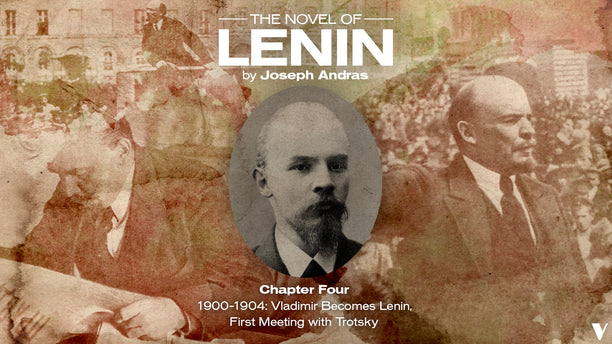
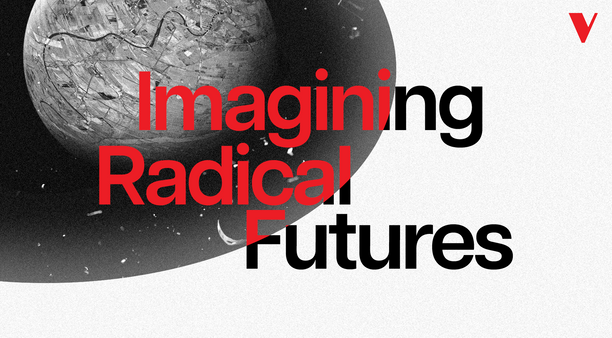
Inspired by Hannah Proctor's new work, Burnout: The Emotional Experience of Political Defeat, we present books that radically imagine what our futures could look like.
